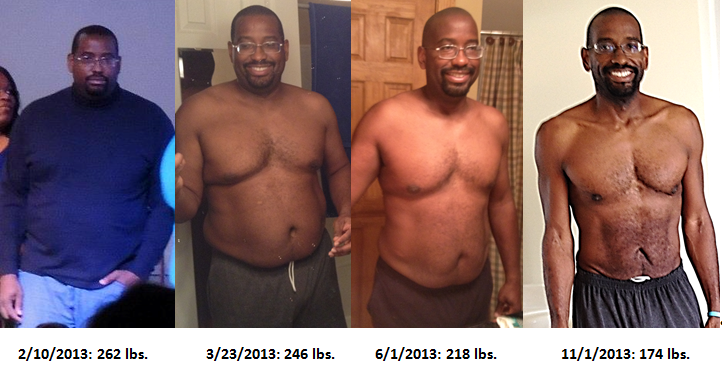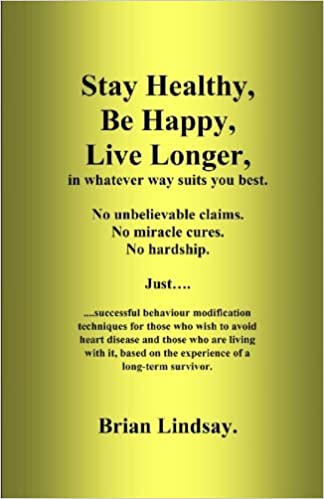
It is common knowledge that exercise will make you live longer. Research has shown that exercise can help to reduce the risk of getting sick and even death. It's also well-known that exercise is good for your cells. As we age, our telomeres get shorter. When we exercise, our telomeres get longer. It's important to understand this because older cells are less healthy than those who exercise regularly.
These results are flawed because most participants rated their exercise moderately or even vigorous. This was also due to the fact that most people tend to underestimate the intensity of their workouts. Additionally, participants didn't use heart rate monitors or activity trackers to measure their exertion. The study only used self-reported data. This is a good practice for long life, since it lowers the risk of strokes and other chronic diseases.

Healthy lifestyle includes a moderate intensity exercise program. According to a study published in The New England Journal of Medicine, 150 minutes of moderate activity each week can extend a person's life by seven years. This benefit was not dependent on weight, gender, or any other health condition. You don't have to be an athlete to benefit from this, but it is essential to exercise regularly in order to prevent any health problems.
Regular exercise is a great way of reducing the risk of certain kinds of diseases. It can also lower the likelihood of certain diseases such as type 2 diabetics. While most studies have found that people who exercise regularly are more likely to live longer than those who don't, experts say that it's still important to keep exercising for the long run. But there's a catch! These exercises can lead to many negative side effects, so make sure you choose the right ones.
It is important to keep in mind that everyone is different and what works well for one person may not work for another. If you are looking for more exercise, it is a good idea choose something that you enjoy. It will be easier for you stay with the exercise if it is something you love. It will be easier to exercise if you are passionate about it. You will have more energy and be more satisfied with your exercise routine. It's easier to stick with something you like if you do it regularly.

Exercise can extend your life. Not only is moderate to vigorous exercise good for your health, but it also benefits your mental and physical well-being. A single hour of brisk, vigorous walking each week is equivalent of 150 to 299 hours of intense exercise per week. Compared to other activities, this is a small amount of time compared to watching television, doing laundry, or making pasta. If you do it regularly, you'll be healthier for longer.
FAQ
What should you eat?
You should eat lots of vegetables and fruits. They contain vitamins and minerals which help keep your immune system strong. Also, fruits and vegetables are rich in fiber. This makes them filling as well as helping with digestion. Aim to eat five to six servings of fruit each day.
You should also drink lots of water. Water flushes toxins from your body and helps you feel full between meals. Drink about eight glasses each day.
Consume whole grains and not refined. Whole grains are rich in nutrients such as iron, zinc and magnesium. Some nutrients have been removed from refined grains.
Sugary drinks are best avoided. Sugary drinks are high in empty calories and can lead to obesity. Choose water, milk or unsweetened tea instead.
Avoid fast food. Fast food has very low nutritional value. While it might taste good, it won't give your body the energy it needs to function properly. Instead, stick to healthier options such salads and soups as well sandwiches and pasta.
Limit your alcohol intake. Alcohol is a poor nutrient and has empty calories. Limit your consumption to no more than 2 alcoholic beverages per week
Red meat should be cut down. Red meats are high in saturated fat and cholesterol. Opt for lean cuts of beef, pork, lamb, chicken, fish, and turkey instead.
What are 10 healthy habits?
-
Have breakfast every day.
-
Don't skip meals.
-
Keep a balanced diet.
-
Drink plenty of water
-
Take care of your body.
-
Get enough sleep.
-
Avoid junk food.
-
Do some type of exercise daily.
-
Have fun
-
Make new friends
What are the 7 best tips to lead a healthy, happy life?
-
Eat right
-
Exercise regularly
-
Rest well
-
Make sure to drink plenty of water.
-
Get enough sleep
-
Be happy
-
Smile often
What causes weight loss as we age?
How do you know if your bodyweight changes?
If there are less calories than muscle mass, then weight loss is possible. This means that daily energy needs must be greater than the calories consumed. A decreased level of activity is the main cause of weight loss. Others include pregnancy, hormonal imbalances or certain medications. A person who has more fat than their muscle mass will experience weight gain. It occurs when people consume more calories per day than they need. Overeating, increased physical activity and hormonal changes are all common reasons.
The primary reason we lose weight is that we consume less calories than what we burn. Regular exercise increases metabolism, which means that we burn more calories per day. However, this doesn't mean that we'll necessarily get thinner; what matters is whether or not we're losing fat or gaining muscle. If we're burning more calories than we're consuming then we're going to lose weight. But if we're consuming more calories than we're burning, then we're actually storing them as fat.
As we age, we become less agile and don't move as often. We also tend eat less than we used to. This is why we tend to gain weight. We also tend to look larger because we have more muscle.
It's not possible to measure how much weight your body has lost without weighing yourself every week. There are many ways you can measure your weight. You can also measure your waist, hips or thighs. Some people prefer to use bathroom scales while others like to use tape measures.
Track your progress by measuring your waistline and weighing yourself every week. You can also take pictures of yourself every few months to see how far you've come.
Online, you can find out your height and weight. For example, if you're 5'10" tall and weigh 180 pounds, you'd probably weigh 180 pounds.
Statistics
- The Dietary Guidelines for Americans recommend keeping added sugar intake below 10% of your daily calorie intake, while the World Health Organization recommends slashing added sugars to 5% or less of your daily calories for optimal health (59Trusted (healthline.com)
- nutrients.[17]X Research sourceWhole grains to try include: 100% whole wheat pasta and bread, brown rice, whole grain oats, farro, millet, quinoa, and barley. (wikihow.com)
- In both adults and children, the intake of free sugars should be reduced to less than 10% of total energy intake. (who.int)
- WHO recommends reducing saturated fats to less than 10% of total energy intake; reducing trans-fats to less than 1% of total energy intake; and replacing both saturated fats and trans-fats to unsaturated fats. (who.int)
External Links
How To
How to keep motivated to eat healthy and exercise
Staying healthy is possible with these motivation tips
Motivational Tips for Staying Healthy
-
Create a list of your goals
-
Realistic goals
-
Be consistent
-
Reward yourself for reaching your goal
-
Even if you make a mistake, don't quit!
-
Have fun